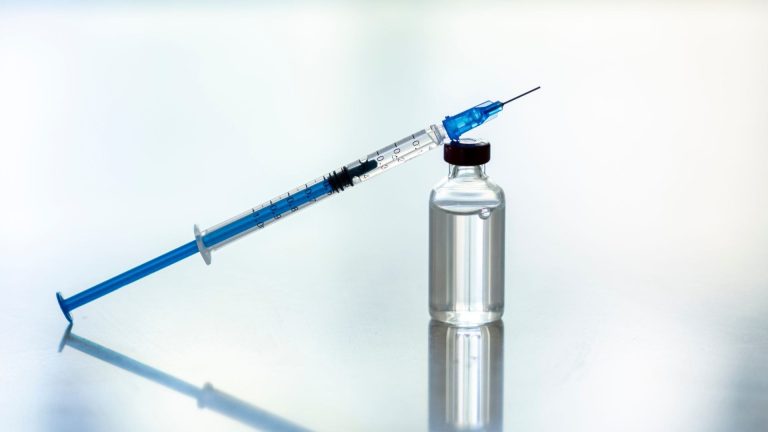Dizziness and specific pain are symptoms of a serious illness. Don't ignore them, because a tragedy may result

If you often suffer from headaches and dizziness, it may be a signal from your body that something bad is happening. There may be many reasons for this condition, and one of them is hypertension. It, in turn, can ruin your health and lead to serious illnesses.
Hypertension is a serious health problem in our society. It may not cause any symptoms for years, which is why the disease is called a “silent killer.” Many people may not be aware of their disease. If hypertension is left untreated, it can have very serious consequences and sometimes even lead to tragedy – a heart attack or stroke may occur. Data from the National Health Fund show that up to 10 million Poles may suffer from this disease, but these statistics may be significantly underestimated due to the fact that some patients are not aware of the disease.
Headaches and dizziness may be symptoms of high blood pressure
We often underestimate headaches and dizziness. This is a mistake because they may indicate serious diseases, so it is very important to see a doctor and find out their cause. Dizziness and headache, as well as problems with maintaining balance, may be caused by hypertension. Additionally, the sick person may feel tired. The headache is most often felt very early in the morning and is located at the back of the head in the occipital area. Patients often describe it as dull and pulsating, and it intensifies when the torso is tilted. As time passes, it may become less noticeable to the patient. The patient may also feel a sudden increase in blood pressure, which may include, for example, ringing in the ears or dark circles before the eyes.
What are the other symptoms of hypertension?
What else may suggest that a patient suffers from hypertension? This includes:
-
nervousness,
-
sleep problems (including insomnia),
-
palpitations,
-
feeling tired (including easy fatigue during exercise),
-
shortness of breath,
-
pressure in the retrosternal area,
-
excessive sweating,
-
nosebleeds.
These symptoms are not specific, which is why some people may not associate them with high blood pressure at all. Therefore, it is extremely important to check its level regularly. Blood pressure should be measured even when a person feels completely healthy – then it will be possible to detect the disease at an early stage. Also remember that there are new blood pressure standards. It is also worth checking how to lower blood pressure without medications – natural methods will help you with this.
What causes hypertension? Risk factors
Risk factors for hypertension include poor eating habits, physical inactivity, smoking, stress and heredity. Early detection of hypertension and appropriate treatment are key to preventing complications. Regular monitoring of blood pressure and maintaining a healthy lifestyle are important elements of hypertension prevention.
The main factors for the occurrence of hypertension are age over 60 years, type 2 diabetes, but also lipid metabolism disorders and cigarette smoking. Men are also more susceptible to hypertension. It may also be the result of hormonal disorders or taking certain medications. It may also have neurological causes. Additionally, reduced physical activity, alcohol abuse and obesity contribute to the development of hypertension.






